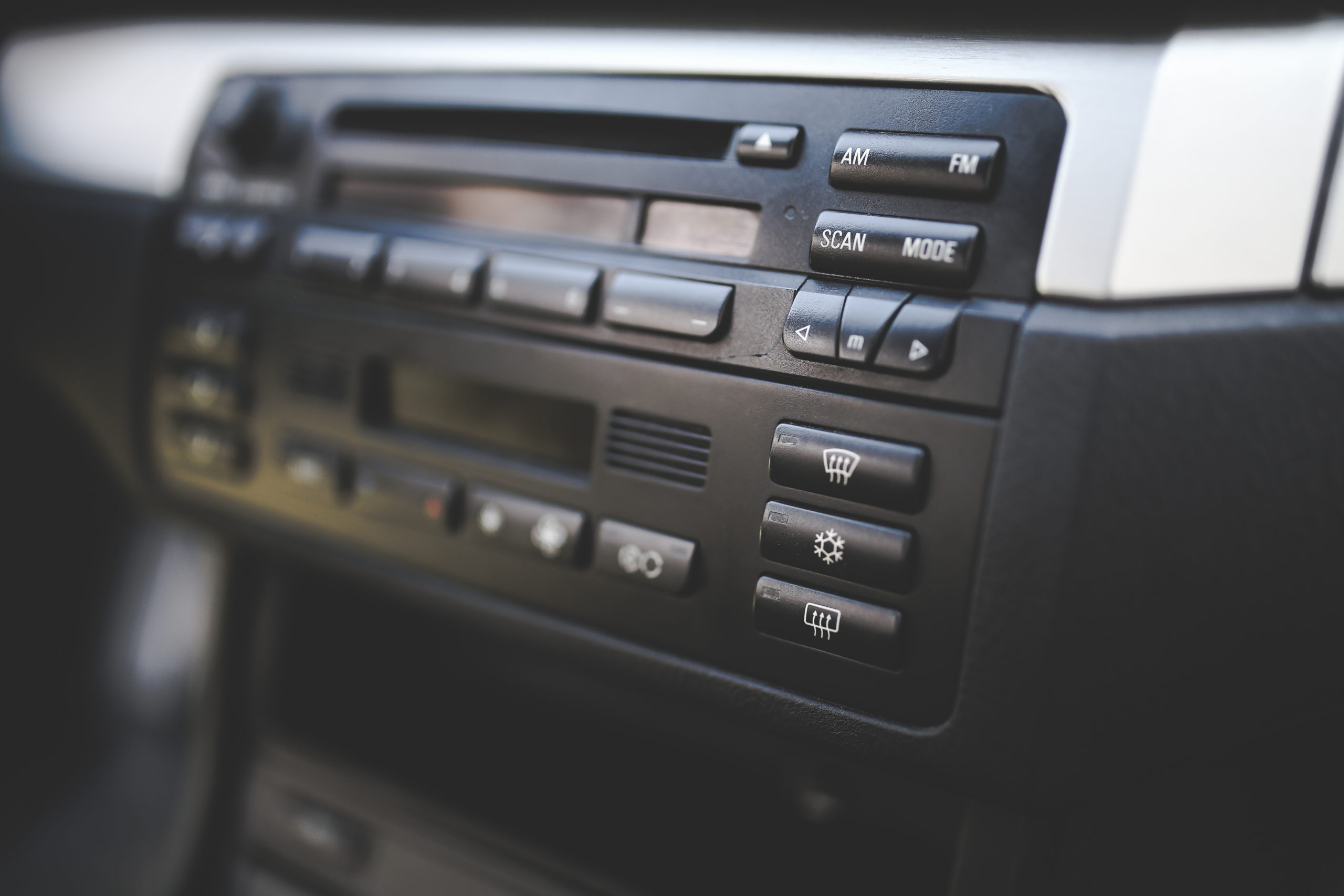Mastering has long been a mysterious process. Something that when misunderstood could be compared to a fall right before the finish line. There are no substitutes for a great mix flowing into the right mastering chain.
Why has there been so much confusion around the mastering process? I think there are a few reasons for this. First of all, recording mediums have changed, and that has affected the mastering process arguably more than any other part of the process. There have always been microphones, preamps, consoles and tape, but consumer mediums have changed frequently. They’ve gone from vinyl to 8-track to cassette to mp3 and now back to vinyl again.
The loudness war has also caused confusion. At one time, a mastering engineer was only valued for how loud they could get a track without destroying the fidelity. While an element of that is still true today, LUFS (Loudness Units Full Scale) measurements have begun gaining attention. Streaming platforms have begun turning songs down when they lacked dynamic range and pushed 0 dBFS the whole time. Loudness has started losing importance in the eyes of artists and engineers alike.
So where does that leave us today?
We’re left with certain constants that have not changed:
- Music is played Everywhere. It should sound great Everywhere.
- Genres and “what’s In” are changing and evolving.
Mastering is it’s very own discipline of itself, and I’ll explain why.
Subtlety versus SpeedThe reason I put these two qualities at odds with each other is due to the nature of psychology and audio processing. For me, it’s important to move fast in a mix because every second of audio that enters my ears acts to inform my ears of what is normal. And I don’t mean normal in the sense of universal, but instead that what I’m listening to is balanced and the standard by which all else must be judged. If I’m being honest, this is a constant mental battle and it’s exhausting.
Perspective and taste are perhaps any audio engineers greatest assets, and they’re also the most in flux variables during any audio task. The primary tools engineers have to combat the degradation of these assets is Speed and References. A mastering engineer has one job, to make the Left and Right channels of a mix sound their best and to prepare them to hit distribution. A mixer has a much more diluted task, to make 24…48…200 tracks sound perfect at every moment of the song while considering the artist’s vision. All this to say, speed in mixing is a vital part of creating a great mix, while a mastering engineer should be more concerned with refinement and conservative processing, only to do what’s necessary, no more no less.
Fresh Perspective
The #1 reason I personally choose not to master my own mixes is because at that point, I’m ready for someone to take a pass with a completely fresh set of ears. By the end of a mix, even if I move quickly, there are elements that have seeped into my consciousness as being normal (see above) that I am not able to handle on my own accord even though I check my mixes on multiple sources. A mastering engineer works on and listens to tens of different songs per day. I trust my mastering engineer to take my best work and refine it while taking care of the things that I’ve lost perspective on.
Focus
A mastering engineer accepts more responsibility because they’re the last fail-safe before release but they also accept less labor. They need not widdle 40+ tracks down to a stereo mix, rather, they start and finish with a stereo mix. Although some would say “compression is compression and EQ is EQ”, I would assert there are many key differences in application and technique for a mastering engineer, such as linear phase EQ and special bus processors.
Mastering is an art form and it is one I respect deeply. I value my relationship with certain skilled craftsman of audio and am excited each time I get to hear a master back because I know I’m listening to my mix in the best possible light. I am more than happy to recommend one of these skilled and affordable engineers for your specific project. Just shoot me a message to discuss the mixing or mastering for your upcoming project.

